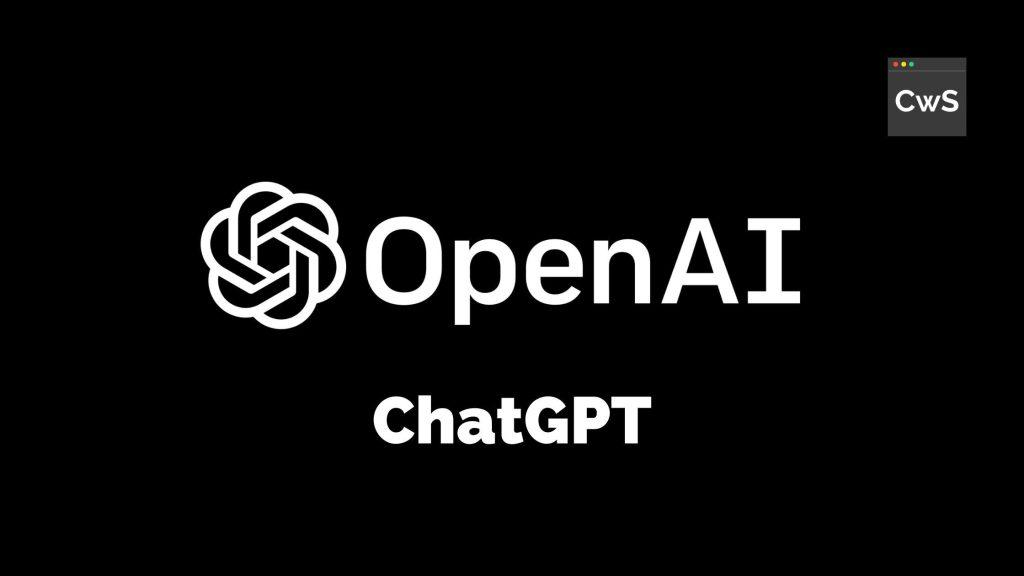Elon Musk ignored repeated warnings about U.S. securities disclosure obligations potentially triggered by his growing stake in Twitter in 2022, according to a Morgan Stanley executive who assisted Musk in secretly acquiring shares in the social media company, claims a lawsuit.
The lawsuit alleges that Musk and his associate Jared Birchall were aware of and discussed the requirement to disclose a stake exceeding 5% in Twitter, citing testimonies from both men in a U.S. Securities and Exchange Commission (SEC) investigation.
Filed on Tuesday by a Twitter investor in a Manhattan federal court, the amended lawsuit accuses Musk of defrauding investors by delaying the disclosure of his Twitter stake to buy shares at lower prices. The Oklahoma firefighters pension fund claimed Musk saved over $200 million by secretly increasing his Twitter stake, harming other investors.
Musk and Birchall enlisted an unidentified managing director at Morgan Stanley to devise a clandestine trading strategy to conceal Musk’s Twitter stock acquisition, allowing him to purchase shares at “artificially depressed prices,” the lawsuit asserts.
Neither Musk nor Birchall were immediately available for comment. In a statement, Morgan Stanley said, “Morgan Stanley is not a defendant in this lawsuit.”
The Morgan Stanley executive repeatedly advised Birchall to seek legal counsel regarding the 5% disclosure requirements. Birchall assured the executive that lawyers had been consulted, though this did not happen until Musk had acquired over a 9% stake in Twitter by April 1, 2022, according to the lawsuit.
Musk eventually bought Twitter for $44 billion in October 2022 and renamed the company X.
“They knew the requirement to disclose but chose not to, partly to avoid making Musk’s purchases significantly more expensive and public. Birchall and Musk ignored repeated warnings from the Morgan Stanley executive about the need for legal advice,” the lawsuit claims.
Musk’s lawyers previously argued that he was “one of the busiest people on the planet,” and any failure to disclose was “inadvertent.”













